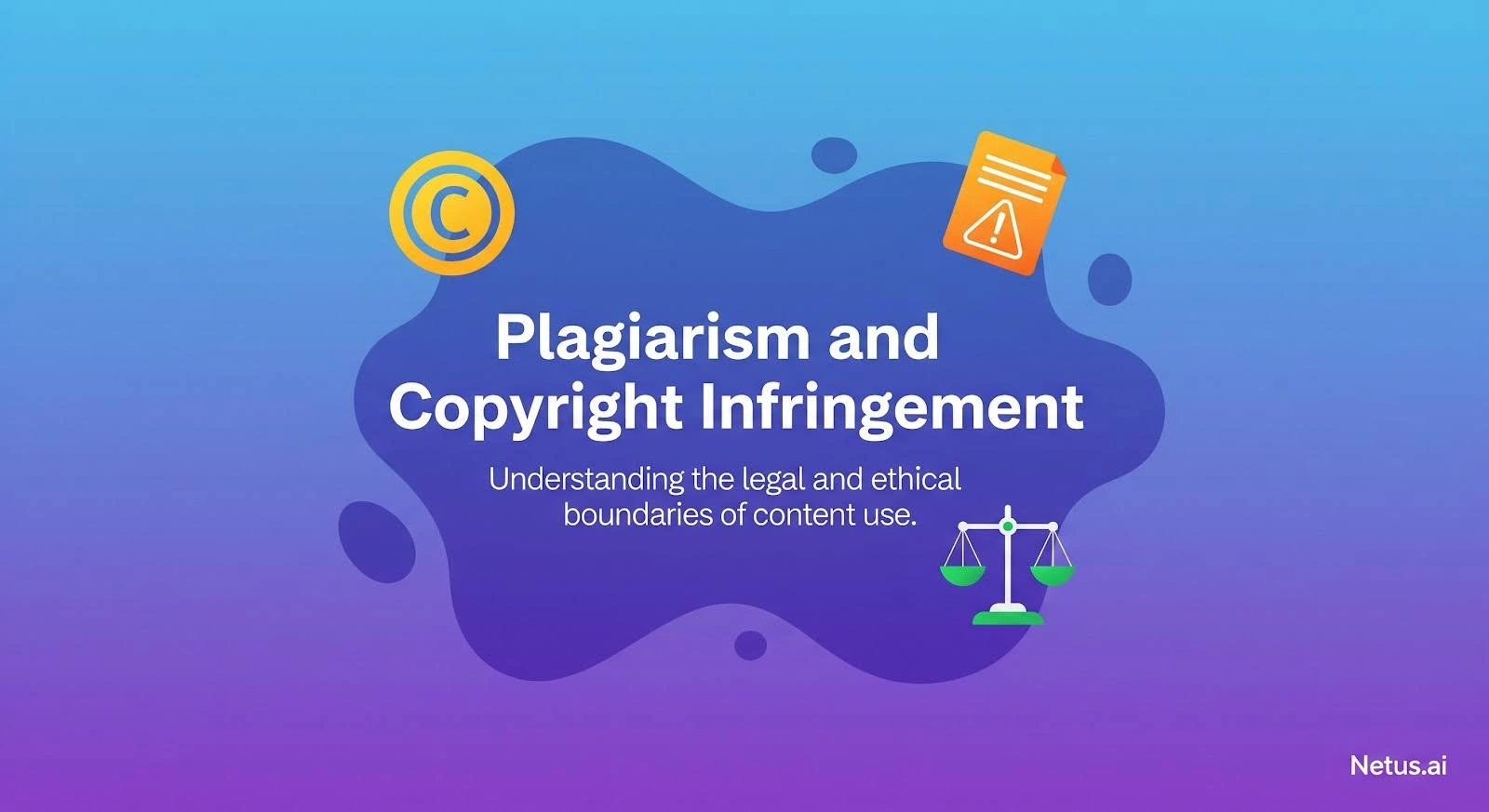Table of Contents
Plagiarism in Movies. In the world of filmmaking, plagiarism has become somewhat of a common issue. Filmmakers often try to minimize accusations of plagiarism by claiming that their work was merely inspired by other sources. However, when a film blatantly copies scenes or dialogue from another work, it can no longer be considered original. Identifying plagiarism in films can be challenging due to mosaic plagiarism, where copied scenes are combined with original content, making it harder to pinpoint the source.
While plagiarism in movies is concerning, it becomes even more complicated when dealing with unpublished works. Proving copyright infringement for an unpublished work is difficult; however, authors can still cite similarities and sue filmmakers if they believe their content was plagiarized. Even though plagiarism has become somewhat naturalized in the film industry, it doesn’t mean blatant plagiarists can go unpunished.
Key Takeaways
- Plagiarism in films is challenging to identify, but blatant copying cannot be considered original work.
- Unpublished works make proving plagiarism more difficult, but authors can still take legal action.
- Despite the prevalence, plagiarists can still face consequences for using copyrighted works without permission.
Evading Plagiarism Becomes Difficult in Today’s World
With the rise of plagiarism cases, particularly in the film industry, technological advancements have made it easier to identify and expose plagiarists. Rapid information sharing on online platforms has enabled viewers to detect instances of plagiarism in films effortlessly.
When these cases are discovered, the creators of the original work may choose to take legal action against the filmmaker, claiming compensation for copyright infringement. As awareness of plagiarism law and potential lawsuits increases, it becomes increasingly important for creators to respect and acknowledge the original works of others. Collaborative efforts, such as the Academy Awards, may also focus on ensuring the authenticity of the recognized films, minimizing the chances of plagiarized content being celebrated and rewarded.
Well-Known Cases of Plagiarism in the Movie Industry
Howard Cantour.com
Shia Labeouf’s short film, Howard Cantour.com, was initially praised for its empathetic portrayal of an online film critic played by Jim Gaffigan. Unfortunately, it didn’t take long for online audiences to notice the striking resemblance between the film and Daniel Clowes’ 2007 comic, ‘Justin M. Damiano.’ Labeouf eventually issued a public apology for plagiarizing Clowes’ work.
The Martian
Mikhail Raskhodnikov, a Russian screenwriter, claimed that Fox Star Studios stole his screenplay for Marsianin (Марсианин) and used it for their 2015 release, The Martian. Raskhodnikov alleged that he had submitted his Marsianin script to several local and international production houses, including Fox. He filed a lawsuit against Fox in Russia, seeking 50 million rubles in damages.
The Terminator
Directed by James Cameron, The Terminator faced allegations of plagiarism from science fiction writer Harlan Ellison. According to Ellison, the movie’s opening scene was taken from his “The Outer Limits” series episodes, “Soldier” and “Demon with a Glass Hand.” Instead of pursuing a lawsuit, Orion Pictures settled with Ellison, providing him with credit and an out-of-court settlement.
Inception
Christopher Nolan’s Inception might have a massive following, but it’s not entirely free from plagiarism allegations. Observers noted the similarities between Inception’s plot and the 2006 anime film, Paprika, created by Satoshi Kon. In Paprika, a DC Mini device allows users to enter other people’s dreams, and the device’s theft causes reality and dreams to blend. Although the similarities were not substantial enough to provoke a lawsuit, they remain noteworthy.
Concluding Thoughts
Plagiarism is an unethical and damaging practice, but it has unfortunately become common in the film industry. Oftentimes, authors merely seek credit for their work while filmmakers might unintentionally plagiarize material. When both parties can reach a resolution, such as a public apology or out-of-court settlement, it enables the industry to maintain its integrity. However, when disagreements persist, the matter enters the legal system. Encouraging creativity while fighting against plagiarism ensures that artists receive their deserved recognition and credit.
Frequently Asked Questions
What Constitutes Plagiarism in Films?
Plagiarism in films occurs when a significant portion of a movie’s ideas, themes, or plot is copied from another work without permission or proper credit. This could include copying elements like dialogue, characters, or even entire scenes.
Examples of Alleged Plagiarism in Movies
- The Matrix (1999): The Wachowskis were accused of lifting ideas from the comic book series “The Invisibles” by Grant Morrison.
- The Shape of Water (2017): Guillermo del Toro’s Oscar-winning film faced allegations of copyright infringement from the estate of Pulitzer Prize-winning playwright Paul Zindel, who claimed the movie’s plot bore a striking resemblance to his 1969 play “Let Me Hear You Whisper.”
Resolving Plagiarism Disputes in the Film Industry
Plagiarism disputes in the film industry are often resolved through legal action. Filmmakers or studios may be sued for copyright infringement or, in some cases, settle out of court. However, the process can be complex, with factors like “substantial similarity” and “fair use” playing a role in the outcome.
High-Profile Plagiarism Controversies in Hollywood
- Avatar (2009): James Cameron’s box office hit faced several lawsuits claiming that the film’s plot was plagiarized from various sources, including a 1990s screenplay called “Guardians of Eden” and a 2003 novel “Bats and Butterflies.”
- Toy Story (1995): Pixar’s classic animation was accused of copying elements from a 1987 short film titled “The Adventures of Andre and Wally B.”
Homage vs. Plagiarism in Films
Homage is a respectful tribute or nod to a previous work, typically recognized by the audience as a deliberate reference. Plagiarism, on the other hand, occurs when a filmmaker claims originality for ideas or content taken from another source without proper acknowledgment.
Evolution of Plagiarism Issues in Recent Movie Cases
With the rise of streaming platforms and global access to film content, plagiarism issues have become more complex and widespread. Filmmakers and studios are under increasing scrutiny, with intellectual property rights at stake and growing awareness about plagiarism in the industry.


